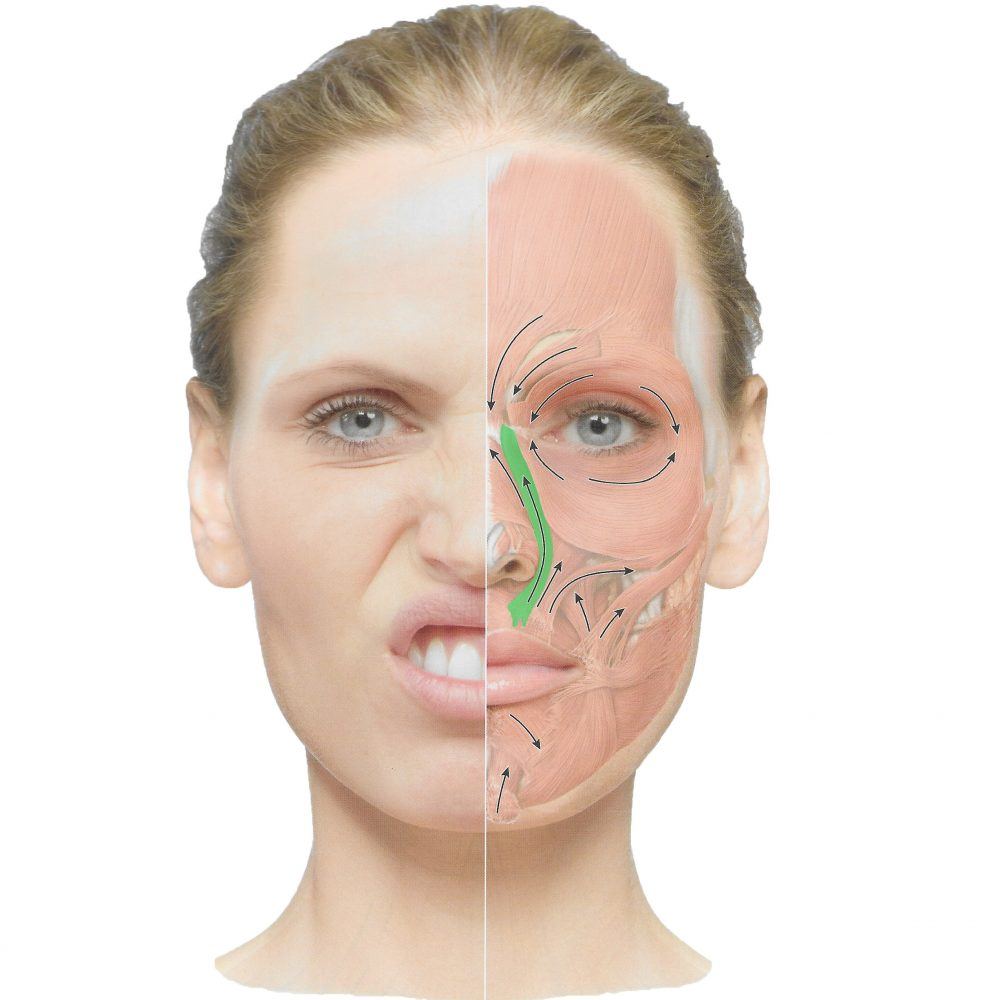
You may be considering a autologous tissue breast reconstruction if you're thinking about getting a breast-implant after radiation. This involves transferring excess abdominal tissues to your chest with the specialized techniques used in microsurgery. This surgery is performed by a surgeon who is both double-board-certified and fellowship trained.
Incidence of complication
Breast implant surgery may be negatively affected by complications caused by radiation. Multiple procedures may be required before satisfactory results are achieved. Breast implants may need to be removed in severe cases. Another problem is hematoma. This is an accumulation of blood near a surgical site. This can lead to swelling, bruising, or pain. This complication is more likely if there has been a previous infection. To remove the complication, a doctor might need to perform a second operation.
Implant contracture (or asymmetry) is another danger associated with radiation treatment. This is a common problem that can be caused by muscle. Revision surgery may be required to correct this condition. The surgeon will determine the contracted superior line contour of the breast before surgery. The desired superior line contour should be measured at approximately two to four millimeters below this contracted pole contour. The final breast shape must be identical to the non-irradiated counterpart.

Impact on quality-of-life
Research into breast cancer is continuing to explore the impact radiation and breast-implant placements on quality life. The combination of the two procedures is shown to improve patient quality of life and satisfaction with cosmetic results. The best approach to each procedure is still under debate. Research can help us to find the best way for patients to communicate our opinions.
Radiation therapy and modern surgery can help reduce the risk of breast cancer recurrence. The recurrence rates for modern treatments are 5% to 7% in the first ten years and 6%–7% in the second ten years. Radiation therapy for breast cancer survivors increases the risk of complications.
Complications
Breast implants and radiation therapy carry a number of risks for women. These include a reduction in breast elasticity and firmness. Radiation can also damage the microvascular circulation, reducing bloodflow. These side effects are permanent. Radiation therapy can also cause inflammation in your lungs. This can cause shortness or dry cough.
Researchers looked at the complications rates of patients who received breast implant and radiation reconstructions. They found that 39 percent of patients with irradiated implants and radiation underwent at least one complication. This rate is significantly higher than for patients with implants only who underwent autologous surgery. However, overall complications rates were similar.

Treatment options
The treatment options for radiation-induced breast cancer and breast implants include autologous tissue transfer and breast reconstruction. This involves the transfer of excess skin and fat from the abdomen to the chest. This method improves the quality and blood supply of the chest wall tissues. This procedure is more time-consuming, but can be performed with fewer complications.
There are many risks involved in breast implantation surgery. You must choose the right treatment option to ensure your comfort, overall health, and well-being. In addition, radiation can leave scarring and hardening of the breast implants, causing a less desirable cosmetic result. Chronic pain can also result. Radiation therapy can also cause chronic pain. Breast reconstruction is recommended following radiation therapy.